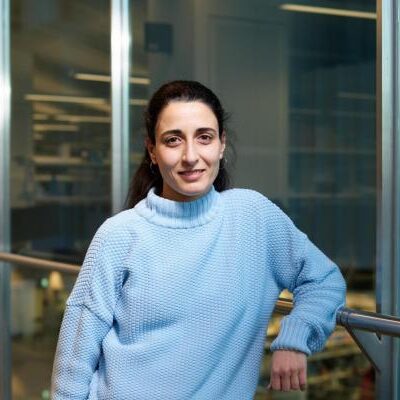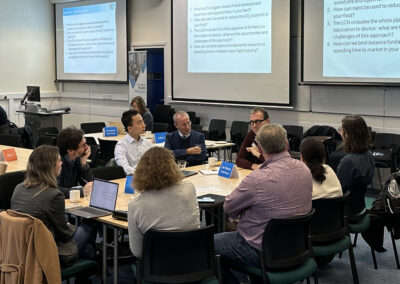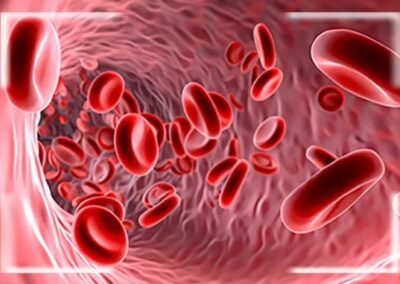Zena obtained a BA in Mathematics at Magdalene College, University of Cambridge, in 2004, and an MSc in Statistics at Stanford University in 2007. She went on to do an MRes and PhD in Mathematical Biology at UCL, studying the evolution of sexual differentiation.
In 2014 she received an EPSRC Doctoral Prize Fellowship to study the role of cell-cell signaling in development and evolution. During this time she worked closely with experimental collaborators to study the role of Notch signaling in spatiotemporal pattern formation in the Drosophila notum and zebrafish spinal cord.
She then moved at the University of Geneva and the Max Planck Institute for the Physics of Complex Systems in Dresden as an HFSP Long Term Fellow. As a postdoctoral fellow Zena studied morphogen gradient formation, and the machineries that allow morphogen gradients to scale to size during developmental growth.
Her group studies growth and patterning in development and evolution through the lens of physics and mathematics. Zena holds a joint appointment at the Department of Physics and Astronomy at the University College London.



